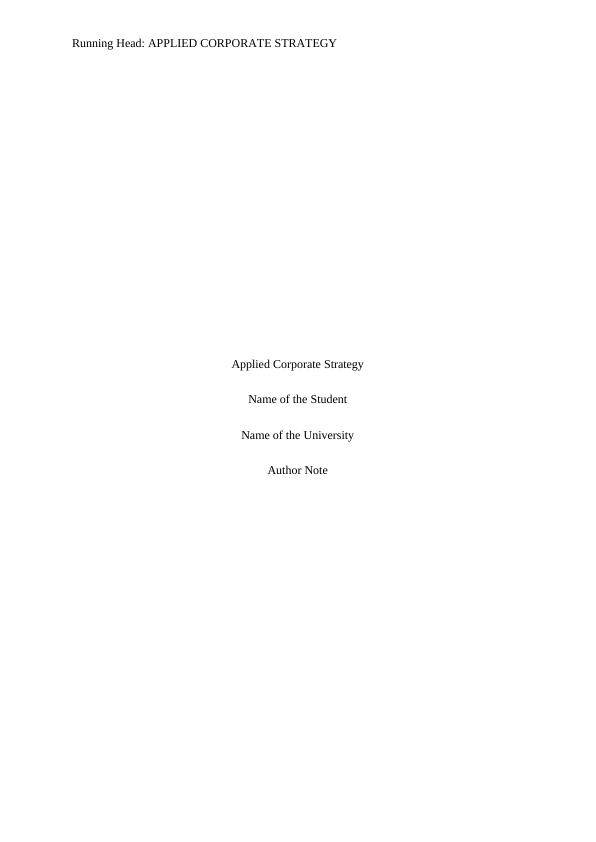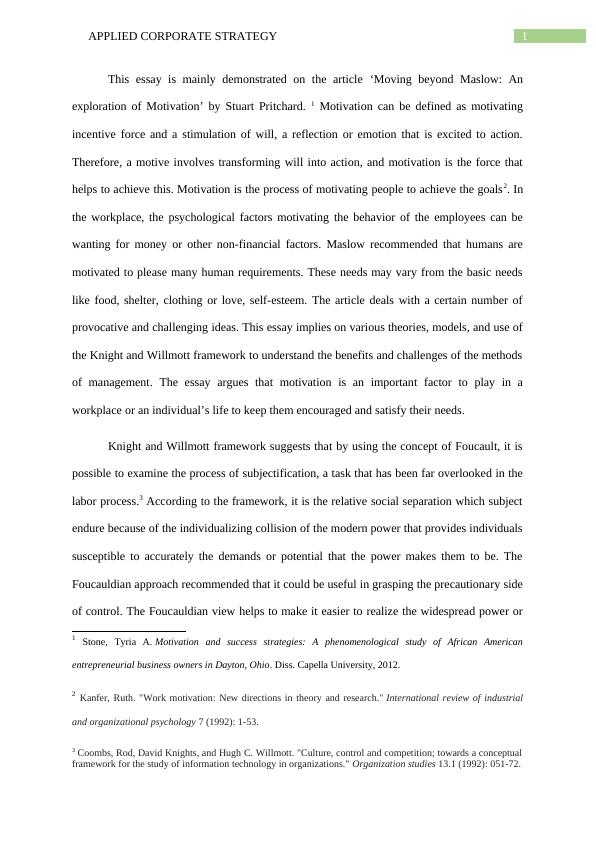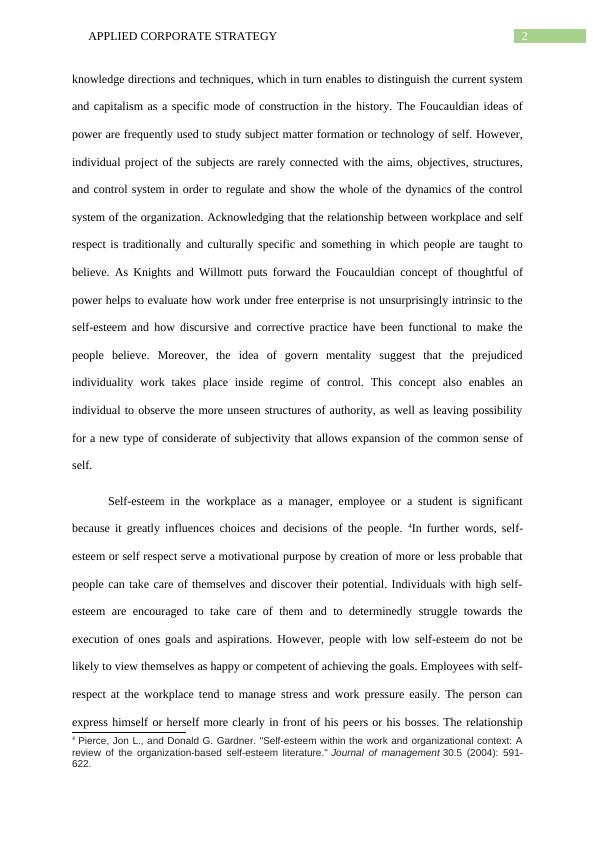Motivation in the Workplace: An Exploration of Stuart Pritchard's Article
10 Pages2558 Words317 Views
Added on 2023-04-11
About This Document
This essay explores the article 'Moving beyond Maslow: An exploration of Motivation' by Stuart Pritchard and discusses the importance of motivation in the workplace. It examines various theories and models, including the Knight and Willmott framework, and highlights the benefits and challenges of different management methods. The essay emphasizes the role of motivation in keeping employees encouraged and satisfied in their work.
Motivation in the Workplace: An Exploration of Stuart Pritchard's Article
Added on 2023-04-11
ShareRelated Documents
End of preview
Want to access all the pages? Upload your documents or become a member.
5770 OB
|12
|480
|141
Organizational Behavior and Management: Forms of Control and Motivational Theories
|8
|2794
|107
Managing People and Systems: Theories of Motivation in the Modern Workplace
|7
|1590
|499
Motivation in Organizational Behavior: Importance and Theories
|7
|1604
|1
Motivational Theories and Their Impact on Modern Workplace
|8
|1957
|199
Managing People and Systems
|7
|1286
|363



